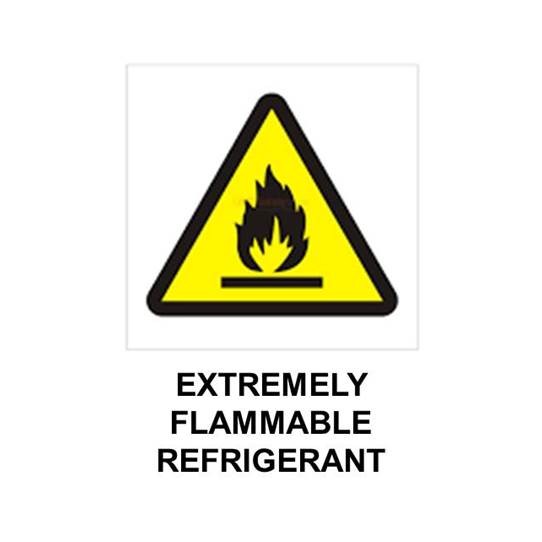Hydrocarbon safety testing

‘Honeywell to stop sale of R404A and R507 by 2018’ was the headline in recent industry publications (e.g.: https://www.racplus.com/news/honeywell-to-stop-sale-of-r404a-and-r507-by-2018/10018992.article). Honeywell have decided to stop sales of R404A and R507 in Europe by 2018 in response to anticipated severe reduction in the quotas for higher GWP (Global Warming Potential) refrigerants. The cuts in quotas begin next year with a 44% reduction in the tonnes of carbon dioxide equivalent being allowed onto the market.
Associated increases in the cost of high GWP refrigerants are already happening and so it is inevitable that manufacturers must move to low GWP alternatives. Larger end users such as Tesco have recently announced that they will convert 1,200 stores from R404A to R448A. R448A has a 68% lower GWP refrigerant than R404A and so although there is a significant reduction in GWP it is still a relatively high GWP refrigerant compared to available alternatives (such as R744 or HFO options). The main advantage of R448A is that it is an A1 refrigerant (i.e. non-flammable) and so simpler to retrofit without any additional safety assessments.
For small (integral) commercial systems there are more refrigerant options than those for larger commercial systems. Domestic refrigerators are predominantly operating on R600a whereas professional and small commercial refrigerators have tended to adopt R290. Currently there is limited uptake of HFO refrigerants in commercial refrigeration but this may change moving forwards. Although such refrigerants are often a good technical choice and have low GWPs they are all flammable or mildly flammable. This means that cabinets containing these refrigerants need to be safety tested to ensure that if there is a leak of refrigerant there will not be an explosion or fire. Methods to safety test cabinets are part of European, International and British standards. Before beginning any assessment the correct standard needs to be identified. Testing can then be carried out to determine whether the cabinet operates safely under all conditions and that all components that could possibly ignite the refrigerant are safe if there should be a leak. Testing can be carried out at RD&T and so if you would like further information please contact Alan Foster at RD&T (alan.foster@rdandt.co.uk).